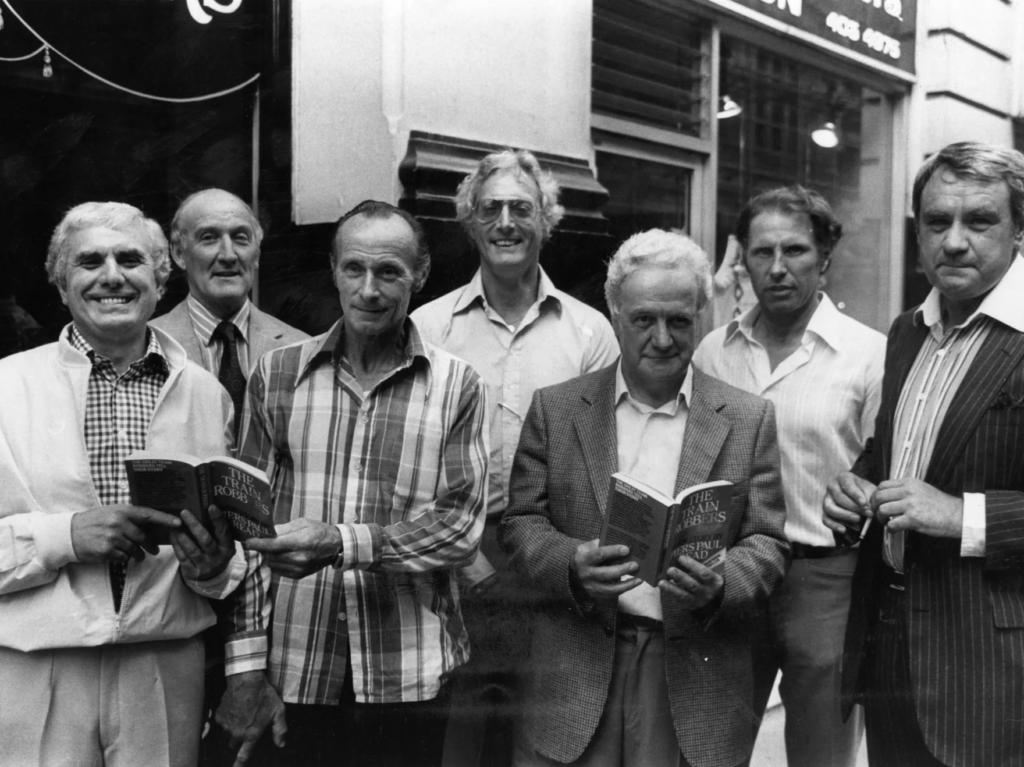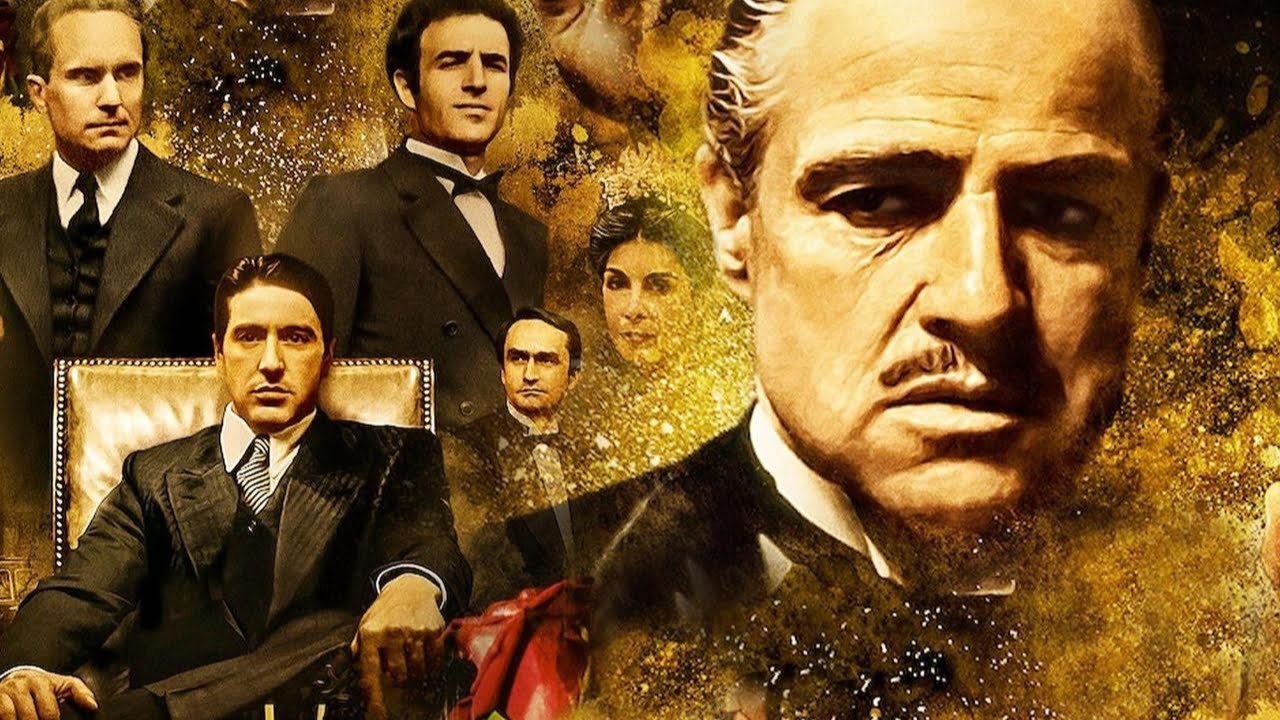One of the most daring heists in history was carried out by a squad of robbers in the early hours of August 8, 1963. They stole £2.6 million in cash from a Royal Mail train that was traveling from Glasgow to London; this sum would be comparable to about £50 million in today’s money. The Great Train Robbery, as it became known, captured the attention of the entire globe and has been a significant cultural event ever since.

15 guys made up the crew that committed the robbery, and Bruce Reynolds served as their leader. They had planned the crime for months, researching the train’s schedule and surveying the area. On the night of the robbery, they attacked the train’s employees, halted the train by tampering with a signal, and stole the cash. They left almost little evidence behind because the robbery was so carefully organized.
The robbery’s aftermath was just as exciting as the heist itself. The police began a large manhunt to find the offenders, and within months, the majority of the gang had been apprehended and prosecuted. The gang’s flamboyant leader, Bruce Reynolds, rose to the status of a folk hero as a result of the trial, which caused a media sensation. Despite the fascination the public had with the thieves, the majority of them were eventually apprehended and given hefty prison sentences. The robbery led to a significant increase in security measures on trains, particularly the transportation of large sums of money.
The Robbers
| S.N | Name | Age on day of robbery | Born | Died | Role in the Gang | Association | At the scene | Loot split | Captured | Left Prison |
|---|---|---|---|---|---|---|---|---|---|---|
| 1 | Bruce Richard Reynolds | 31 | 7 September 1931 | 28 February 2013 | Leader of the gang | Leader of the South West Gang | Yes | 1/17 | 8 November 1968 | 1978 |
| 2 | Douglas Gordon Goody | 33 | 11 March 1930 | 29 January 2016 | Deputy and organizer | Member of the South West Gang | Yes | 1/17 | 3 October 1963 | 23 December 1975 |
| 3 | Charles Frederick Wilson | 31 | 30 June 1932 | 23 April 1990 (assassinated) | “Treasurer” and organizer | Member of the South West Gang | Yes | 1/17 | 22 August 1963(Initial) 24 January 1968 (Recaptured) | 12 August 1964 (Escaped) 15 September 1978 (Last one released) |
| 4 | Ronald Christopher Edwards | 32 | 27 January 1931 | 28 November 1994 (possibly suicide) | Organiser | Member of the South West Gang | Yes | 1/17 | 19 September 1966 (Voluntary) | April 1975 |
| 5 | Brian Arthur Field | 29 | 15 December 1934 | 27 April 1979 (car crash) | Key informant and organizer of the mock purchase of Leatherslade Farm, the gang’s hideout | Solicitor’s clerk and organized the defense of Gordon Goody and Buster Edwards in previous court cases | No | 1/17 | 15 September 1963 | 1967 |
| 6 | Ulsterman possibly Patrick McKenna or Sammy Osterman | Key informant and organizer | Contact with Gordon Goody and Buster Edwards was arranged through another man who contacted Brian Field | No | 1/17 | |||||
| 7 | Roy John James | 28 | 30 August 1935 | 21 August 1997 | Getaway driver and carriage uncoupler | Associate of South West Gang | Yes | 1/17 | 10 December 1963 | August 1975 |
| 8 | John Thomas Daly | 32 | 6 June 1931 | April 2013 | Train stopper and getaway driver | Brother-in-law of Reynolds and associate of South West Gang | Yes | 1/17 | 3 December 1963 | N/A Acquitted 14 February 1964 |
| 9 | Unconfirmed Believed to be Henry Thomas Smith | Carriage uncoupler | Associate of South West Gang | Yes | 1/17 | |||||
| 10 | James Edward White | 43 | 21 February 1920 | Before 2000 | Quartermaster and carriage uncoupler | Generally, a solitary thief who knew Reynolds | Yes | 1/17 | 21 April 1966 | April 1975 |
| 11 | Identity unknown | Muscle | Associate of Jimmy White | Yes | 1/17 | |||||
| 12 | Roger John Cordrey | 42 | 30 May 1921 | 2011 | Train stopper and electronics expert | Leader of the South Coast Raiders | Yes | 1/17 | 14 August 1963 | April 1971 |
| 13 | Robert Welch | 34 | 12 March 1929 | N/A | Muscle | South Coast Raiders | Yes | 1/17 | 25 October 1963 | June 1976 |
| 14 | Thomas William Wisbey | 33 | 27 April 1930 | 30 December 2016 | Muscle | South Coast Raiders | Yes | 1/17 | 11 September 1963 | February 1976 |
| 15 | James Hussey | 31 | 8 April 1933 | 12 November 2012 (died in a hospice) | Muscle | South Coast Raiders | Yes | 1/17 | 7 September 1963 | 1975 |
| 16 | Danny Pembroke | 27 | 1936 | 2015 | Muscle | South Coast Raiders | Yes | 1/17 | ||
| 17 | Ronald Arthur Biggs | 34 | 8 August 1929 | 18 December 2013 | Contact for replacement train driver | Associate of Reynolds | Yes | 1/17 | 4 September 1963(Initial capture) 7 May 2001(Voluntary return to UK) | 8 July 1965 (Escaped) 7 August 2009 (Total time Served: 3,875 days) |
| 18 | Identity unknown | 67 | Replacement train driver (failed) | via Ronnie Biggs | Yes |
In addition to being a brilliant theft, The Great Train Robbery marked a shift in how society viewed crime. A well-liked literary and cinematic stereotype is the lovable rogue, the charming robber who exclusively targets the wealthy. The Great Train Robbery served as the inspiration for a large number of subsequent heist films, such as the masterpieces Ocean’s Eleven and The Italian Job.
The Great Train Robbery is still revered in modern society as a symbol of human ingenuity and bravery. It’s a tale that has gripped the hearts and minds of many people over the years and that still motivates writers, filmmakers, and creatives of all types today.






